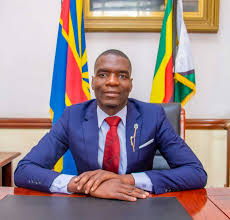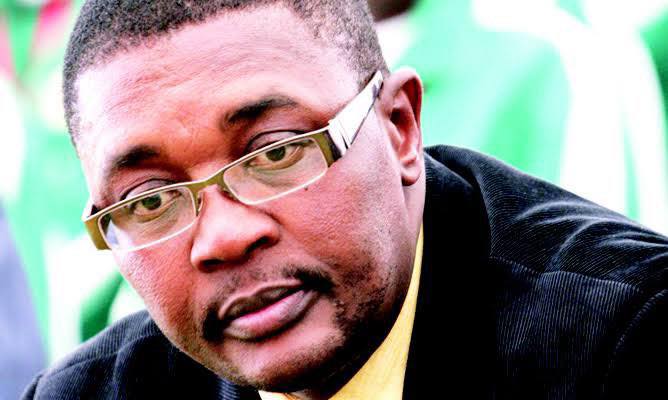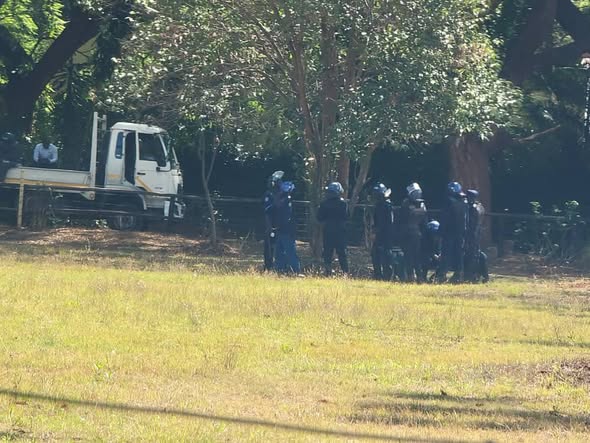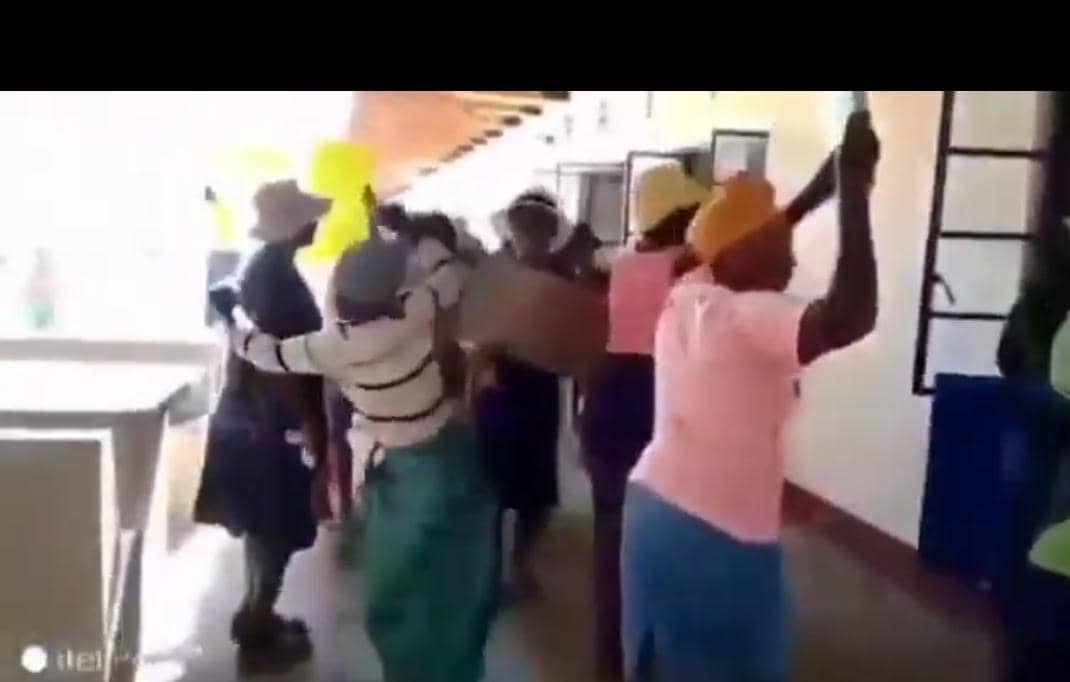
Nelson Chamisa’s allies have signaled plans to launch a new political movement in Zimbabwe, aiming to challenge the ruling Zanu-PF as it pushes to extend President Emmerson Mnangagwa’s term beyond 2028. But given Chamisa’s turbulent political past, many are asking , can he really start fresh and win back public trust?
Chamisa rose to prominence as a protégé of the late Morgan Tsvangirai, leader of the Movement for Democratic Change (MDC), Zimbabwe’s main opposition party for years. After Tsvangirai’s death in 2018, Chamisa took over the MDC Alliance, but the party soon fractured under his leadership. Internal disputes and power struggles led to a split, with nearly half of the MPs and councillors walking away, weakening the opposition’s parliamentary presence.
In 2022, Chamisa rebranded the opposition as the Citizens Coalition for Change (CCC), hoping to unify opposition forces and present a fresh front against Zanu-PF. However, the CCC quickly fell into disarray when self-styled secretary-general Sengezo Tshabangu seized control, recalling several MPs and councillors loyal to Chamisa. Tshabangu’s takeover, which included gaining state perks, was widely seen as a move to undermine the opposition from within, leaving Chamisa’s supporters in limbo.
Now, Chamisa’s allies say they are “recalibrating and consolidating” to build a new political vehicle focused on youth, women, and progressive forces nationwide. But the question remains , after years of factionalism, defections, and controversies , including accusations that Chamisa accepted payments from opposition sources that damaged his credibility, how seriously will voters take this new effort?
Political analyst Tafadzwa Moyo explains, “Voters are tired of endless splits and drama. For Chamisa to succeed, he must rebuild trust and show that this new movement is different, more united, more focused, and more capable of challenging Zanu-PF’s dominance.”
Zanu-PF currently holds a commanding two-thirds majority in parliament, strengthened by by-elections following opposition recalls. This dominance makes it even harder for any opposition movement to gain traction. Meanwhile, Chamisa’s critics argue that his repeated attempts to launch new parties risk further fragmenting the opposition vote, playing into Zanu-PF’s hands.
Still, some observers point to Zimbabwe’s 2008–2013 unity government as a hopeful example of cooperation and reform, suggesting that a broad coalition involving civic society, churches, academia, and workers could help restore political stability.
As Chamisa’s allies prepare to unveil their new political vehicle, the stakes are high. Can they overcome past divisions and present a credible alternative to Zanu-PF?
Or will history repeat itself in a cycle of splits and disillusionment?
end//..








